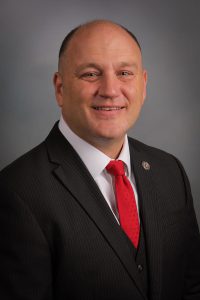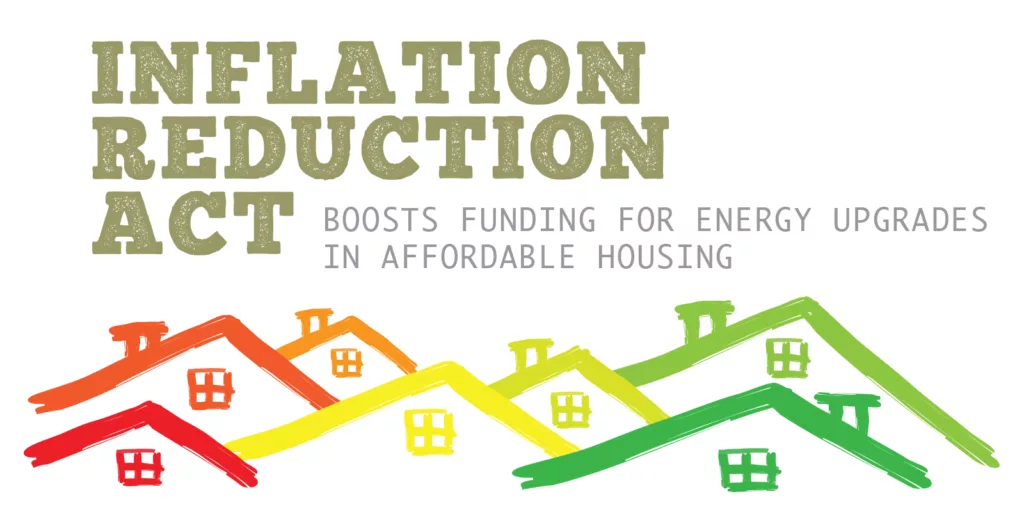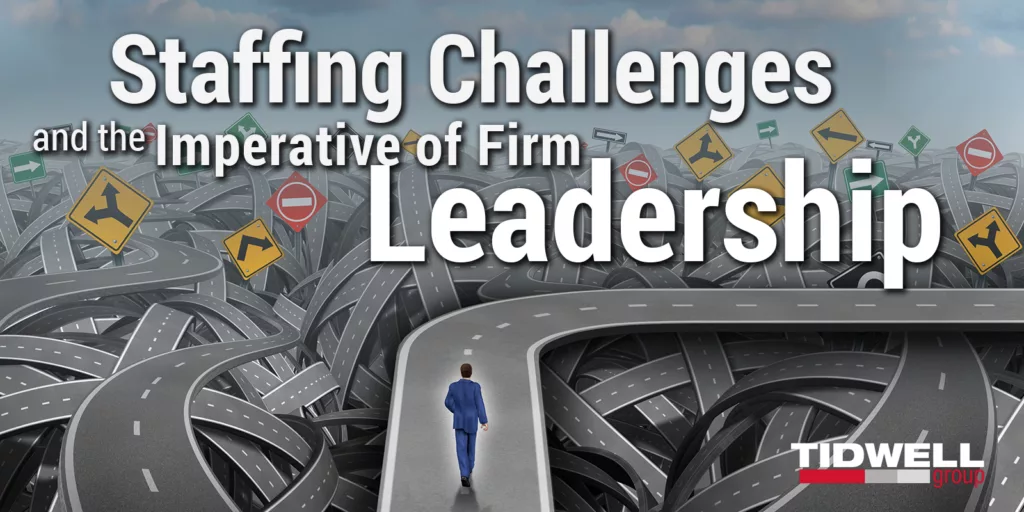By Missouri State Senator Denny Hoskins, CPA
Across America, cities are facing an enormous affordable housing deficit. In many states, bills are being considered that will impact future efforts to fund and build low-income housing. Here is how you can have a say in these important housing decisions when they are considered.
Now that most of America’s state legislatures are back in session for 2022, it is important to keep in touch with the activities on your state lawmaker’s docket, particularly when it comes to business, taxes, and affordable housing.
Every state government is somewhat unique. However, the process of lawmaking is essentially the same across the nation. In Missouri, for example, the most recent session began in early January. Approximately 462 bills were introduced for the state’s 34 senators to read, consider, adapt, and vote upon during their session this year. Meanwhile, the Missouri House has filed over 1,300 bills for consideration. All of this is a bit overwhelming.
According to the National Conference of State Legislatures, there are currently 55 bills in over 11 states under consideration to address homelessness and affordable housing. Using Missouri as an example, at the time of this writing, two bills introduced on January 5, 2022, will impact affordable housing initiatives and deserve the public’s attention.
The first bill, SB860, modifies provisions relating to the low-income housing tax credit. Essentially, passage of the act will cap the amount of state low-income housing tax credits that may be authorized in a fiscal year. The proposal will put a 70% cap on the amount of federal low-income housing tax credits allocated to the state.
This bill also reduces the limit on tax credits authorized for projects financed through tax-exempt bonds from $6 million to $4 million. The bill is currently awaiting a committee hearing in the Senate and is identical to bill SB 85, introduced in 2021.
At the same time, SB864 modifies the membership of the Missouri Housing Development Commission. This bill, if enacted, would expand the Missouri Housing Development Commission (MHDC). Currently, the board is composed of 10 members. SB 864 proposes adding four additional members to the Commission. The bill suggests that two of the expanded membership will be comprised from the Senate and two from the House, with one member from the majority party and one member from the minority party in each chamber.
Capping or limiting tax credits as noted in SB860 is something the affordable housing industry would typically be against. Conversely, adding four more members to the MHDC (SB864) could be viewed as positive by the industry to expand understanding and communication of affordable housing initiatives to other members of the state legislature. [Full disclosure, I am the sponsor of SB864).
My point by these two examples is that, from the public’s perspective, understanding the legislative process with regard to critical needs like affordable housing is a worthwhile endeavor. That means knowing your elected state representatives and senators who represent these issues, asking questions and communicating with them. Most of our officials have newsletters and social media contacts that are probably worth subscribing to in order to better understand (and perhaps respond with input) to the leanings your representative may have on an issue. By contacting your legislator, you can request to be put on their email list to receive legislative updates.
At Tidwell, we believe everyone would be well-advised to find the senator, representative, or assemblyman in their state, or members who represent committees that most impact your business and community. Sign up for their newsletters. Follow them on social media. Share your thoughts—pro or con—on upcoming proposals.
Bills Are Formed Through Public Ideas and Input
Everyone knows that states elect a Governor every four years. However, these elections include officials vying for positions in all three branches of state government, similar to those of the federal government. In addition to the executive branch, where the Governor presides, we have judicial and legislative arms in every state. In most states, your legislative arm consists of the Senate and the House of Representatives. The number of senators and house members varies from state to state, with some states electing full-time members while others fill that role only part-time. In Missouri, these elected positions represent a part-time job that pays roughly $35,000 a year. In addition, every state differs in the length of its legislative sessions.
Most states have term limits in place for their elected officials. A house member in Missouri may serve four consecutive terms for a total of eight years. Senate members serve four-year terms and are also under eight-year term limits. Of course, your state may permit longer or shorter periods in office.
Regardless of where you live, the legislature’s work is to present, consider and pass bills. Since these elected officials do not always have the ear of the media, they rely on well-considered input from and dialog with the residents and businesses residing in their districts.
Bills are often suggested (and sometimes written) by the public and then introduced by their Senator or Representative. Legislation is usually a three-step process: A bill is introduced in the House or Senate and is assigned to a policy committee (such as Education, Economic Development, or Small Business & Industry) for assessment. After the associated committee hearing, the bill goes to the floor for a debate. Typically, these debates provide an opportunity to propose changes to the bills, typically added as amendments, and are included in the final legislation based on input from the public. Finally, the amended bill goes for a third vote for final passage or defeat. Once passed by one chamber, the bill moves to the other chamber, receiving similar scrutiny. If the second chamber votes for passage, the bill moves to the Governor’s desk for their consideration. The Governor can sign the bill into law, veto the bill or take no action on the bill. If the Governor takes no action on the bill, the legislation typically becomes state law. If the Governor vetoes a bill in Missouri, the legislature can override the veto with a 2/3rds majority vote.
If a particular bill piques your interest or concern, understanding which committee is responsible for working on the bill is critical. Ultimately, the specific committee responsible for the bill will have the power to modify and alter the structure of the legislation before it goes to a final vote. If legislation is proposed that is potentially damaging to the affordable housing initiatives in the state, the chair of the appropriate committee is the critical point of contact in the process of amending legislative content or preventing harmful proposals from becoming part of state law.
To identify the specific housing needs in your state, the National Low Income Housing Coalition (NLIHC) provides a database to help you get in touch with your particular state policymakers and committees. https://nlihc.org/housing-needs-by-state
In Missouri, the state legislature has about 30 standing committees. In addition, there are about 13 joint committees. These joint committees include members of both the House and the Senate. Each of these committees has a chairperson who wields considerable power over the process. They decide which bills get heard and how the process proceeds or whether it grinds to a halt. Getting to know committee chairs can be highly effective for ensuring your voice impacts pending legislation.
While not everyone is enthusiastic about engaging in the political process, it is worthwhile to be aware of the work being done by your state legislators. Following legislators through newsletters and social media posts can help each of us better understand how their work may impact our lives and the future of affordable housing.
We invite your thoughts on this topic and are happy to help you in contacting your state lawmakers.

Missouri State Senator Denny Hoskins, CPA
Denny is a Missouri State Senator representing the 21st District of Caldwell, Carroll, Howard, Johnson, Lafayette, Livingston, Ray, and Saline counties of Missouri. He currently serves as the Chairman of Economic Development. Alongside his legislative duties, he is a certified public accountant in Missouri specializing in audits, tax, and consulting with small businesses. Denny is an active member of the American Institute of CPAs, the Missouri Society of CPAs, the Warrensburg Chamber of Commerce, and Warrensburg Rotary.










